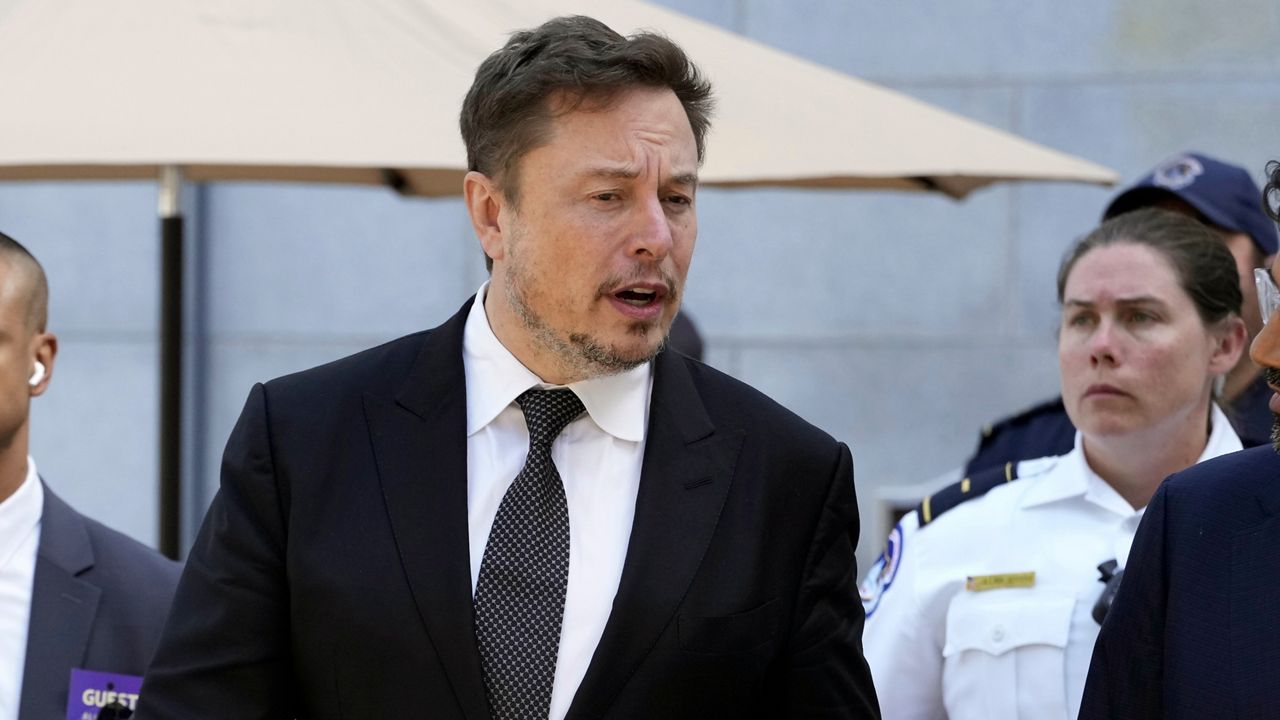The social media platform formerly known as Twitter is getting rid of news headlines. X is now automatically removing headlines and news links to web sites outside of its service, as Elon Musk strives to keep eyeballs on X and prevent them from clicking away to other sites.
“Our algorithm tries to optimize time spent on X, so links don’t get as much attention, because there is less time spent if people click away,” Musk wrote on X Tuesday.
Musk characterized the change as an aesthetic improvement that he personally directed.
The decision to do away with news headlines is one of several changes Musk has made since buying Twitter for $44 billion almost a year ago. In April, the platform removed the verification badges for many news sites that did not agree to pay $1,000 monthly. In July, he changed the name of the platform from Twitter to X. In August, he also floated the idea of charging all platform users a small monthly fee to combat computer-operated bots on the site.
Most recently, on Wednesday, Musk posted that “Citizen journalism is the path to better future! I strongly encourage people around the world to post news about events as they’re happening, both text & video,” he wrote.
A day earlier, he posted, “I almost never read legacy news anymore. What’s the point of reading 1000 words about something that was already posted on X several days ago?”
Musk’s decision comes as Canada is poised to enact a so-called link tax on Facebook and Google that will require the platforms to pay when they link to a news story. The tax takes effect in December. California is currently considering similar legislation to help news outlets survive in the digital era as their traditional, most profitable source of income — advertising — dries up.
News organizations receive as much as 50% of their traffic from Google searches and Facebook posts. Twitter, however, “has been a relatively minor referrer to news sites,” news industry analyst Ken Doctor told Spectrum News.
A YouGov survey from earlier this year found Twitter was the third most popular social media site for news: 29% of consumers reported getting news through Facebook, 24% from YouTube and 14% from Twitter.
Doctor said Musk’s decision to do away with news headlines and links is likely to “have a minor impact.” While X is “very much used by news media people who have loved it over time,” Doctor said, the impact would be far greater if it was Google.



